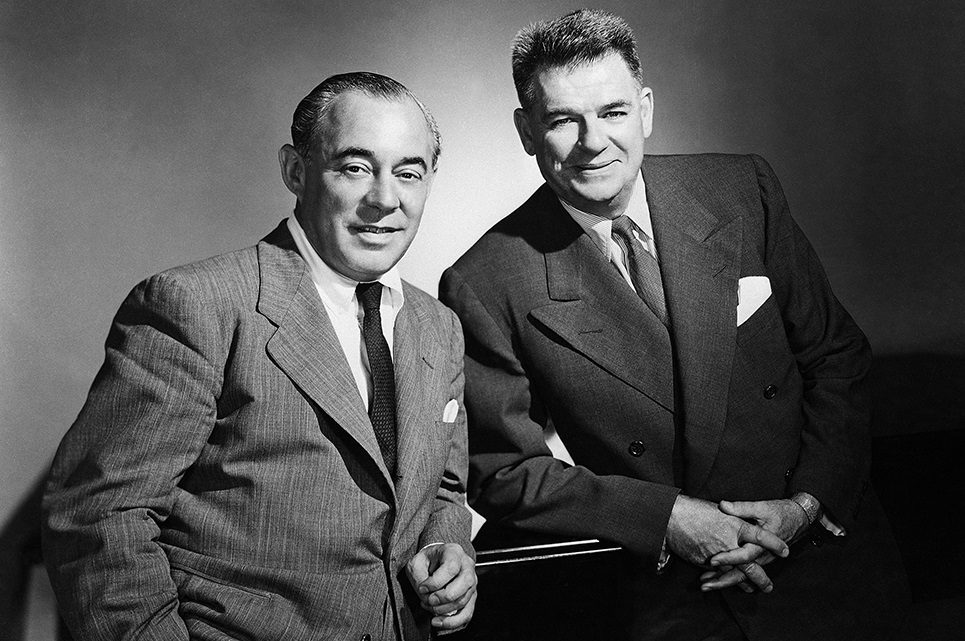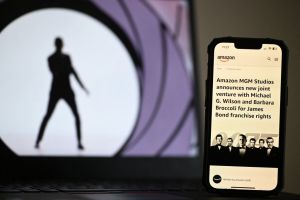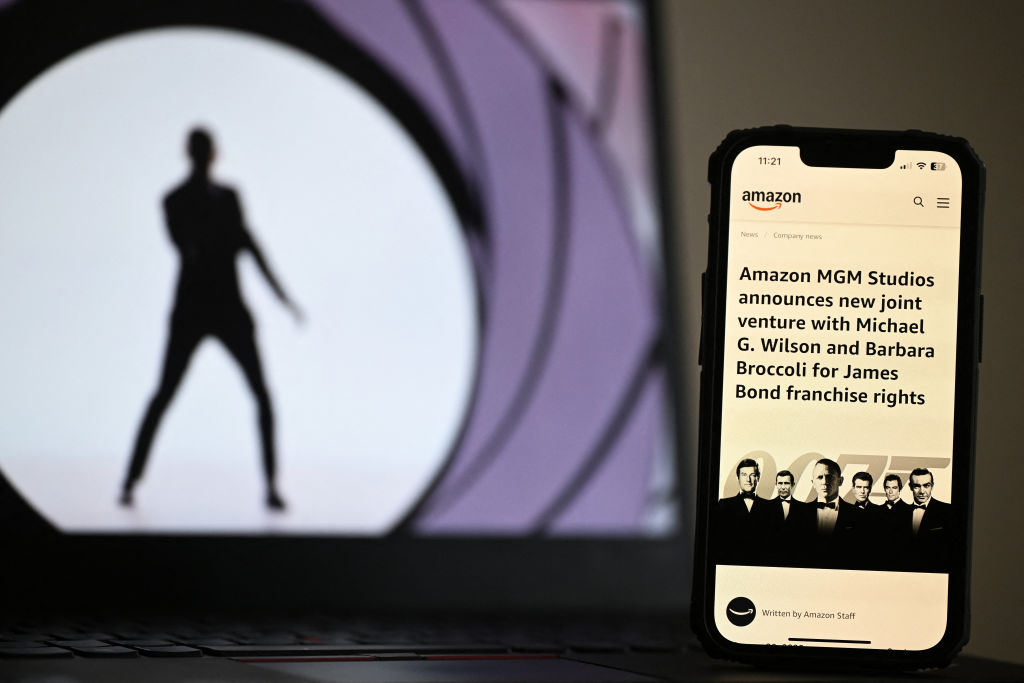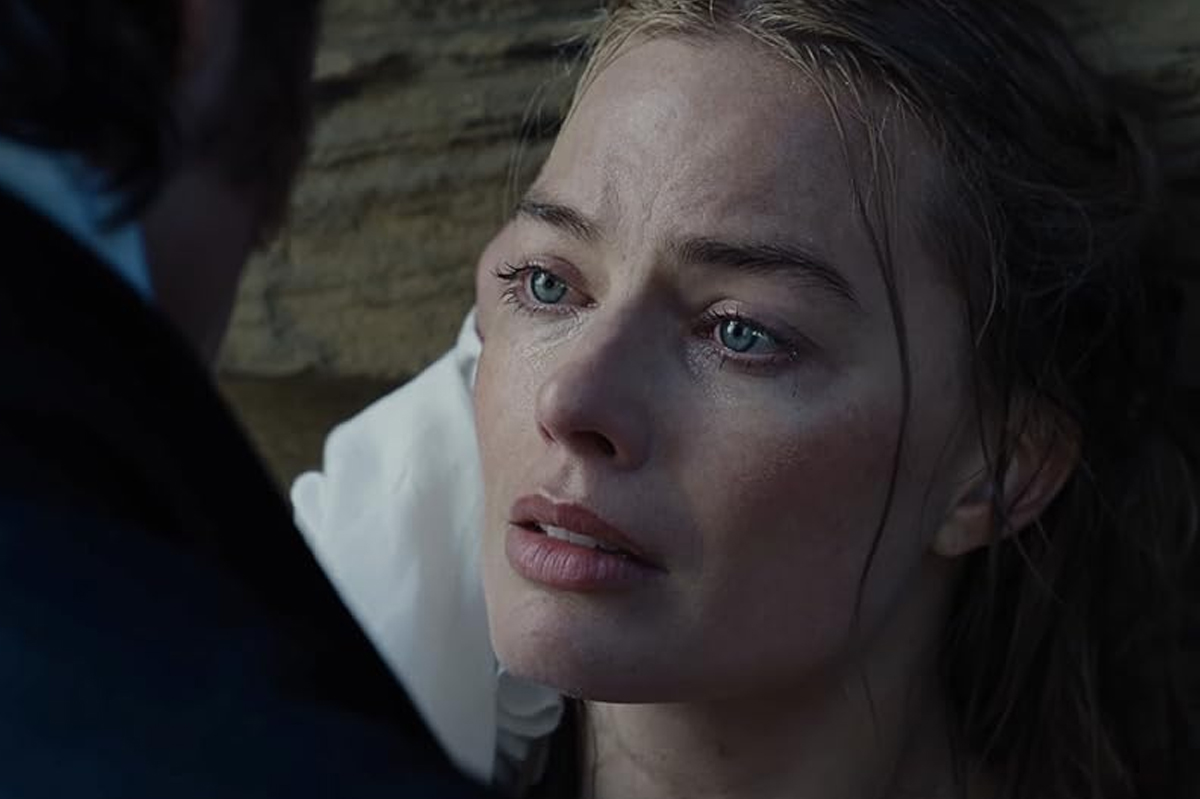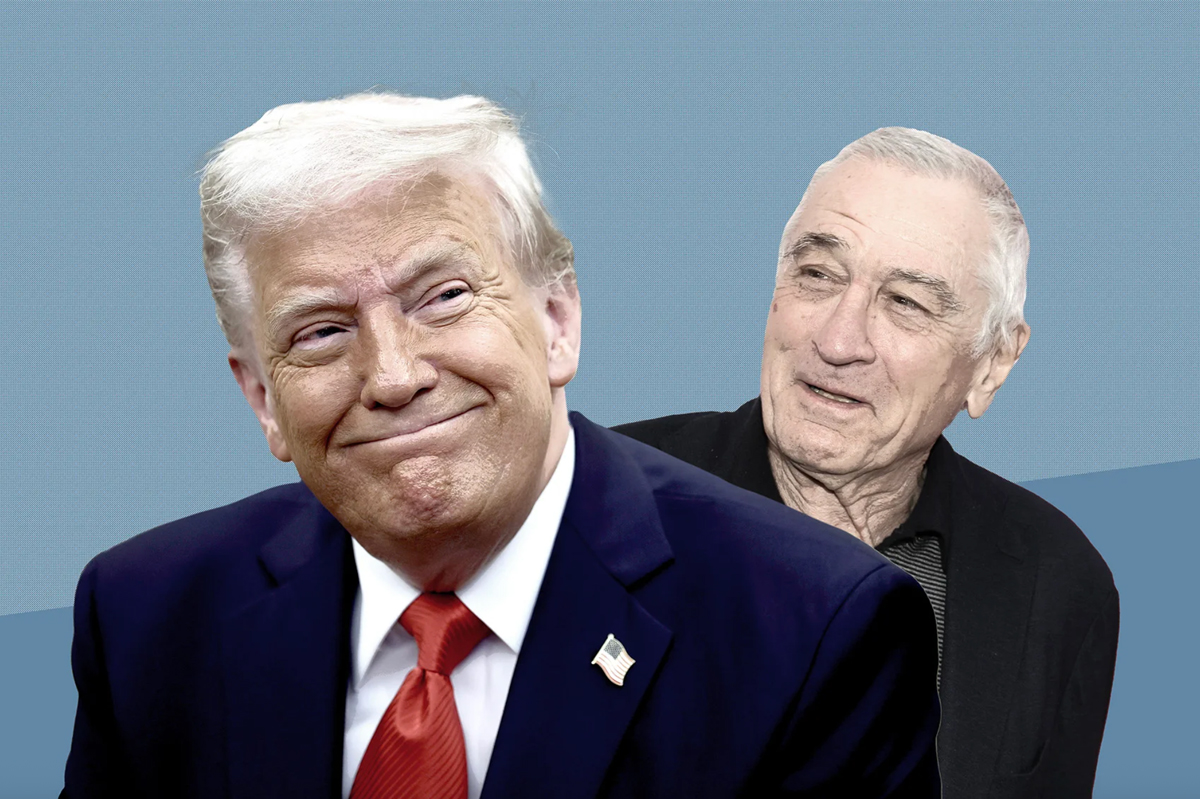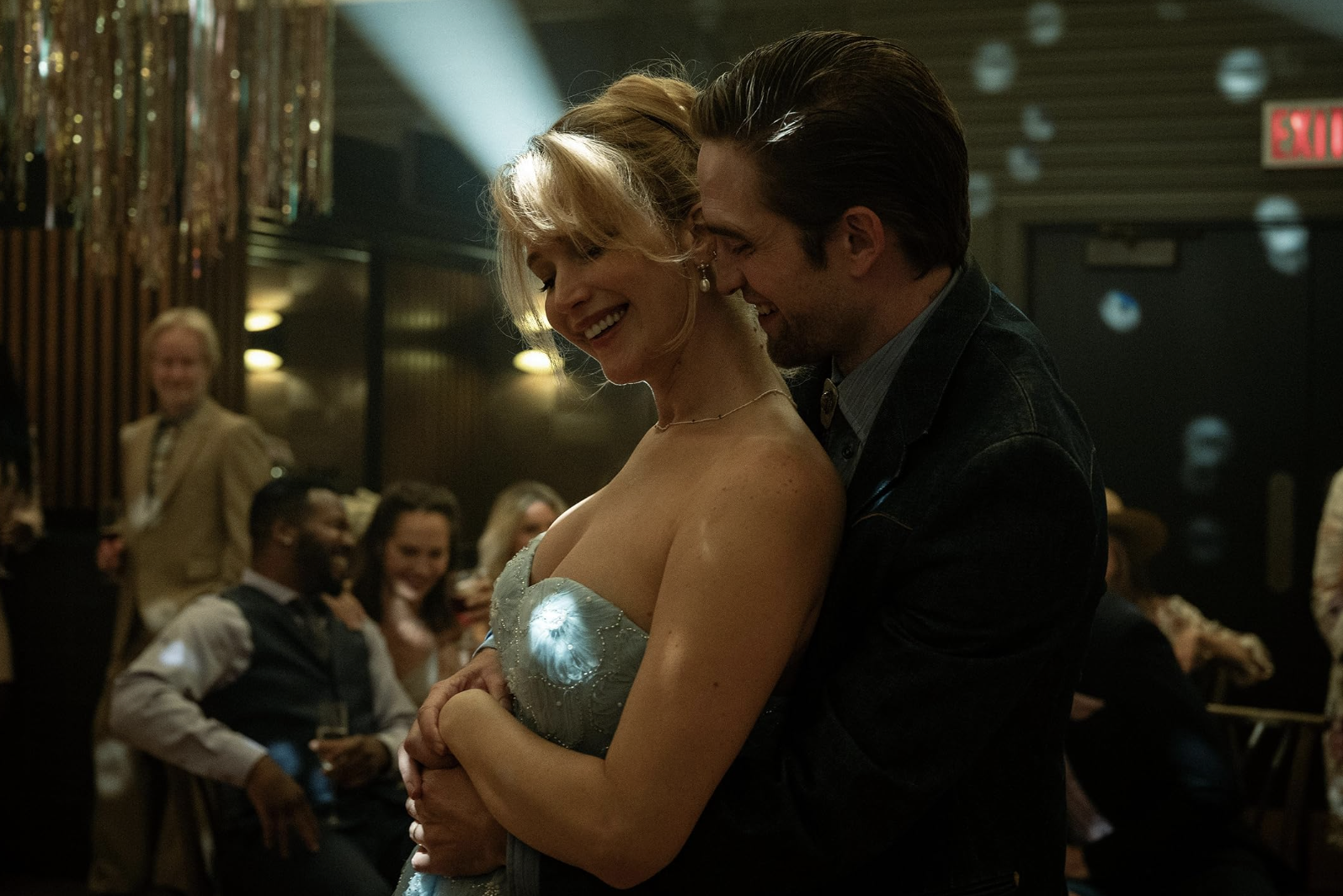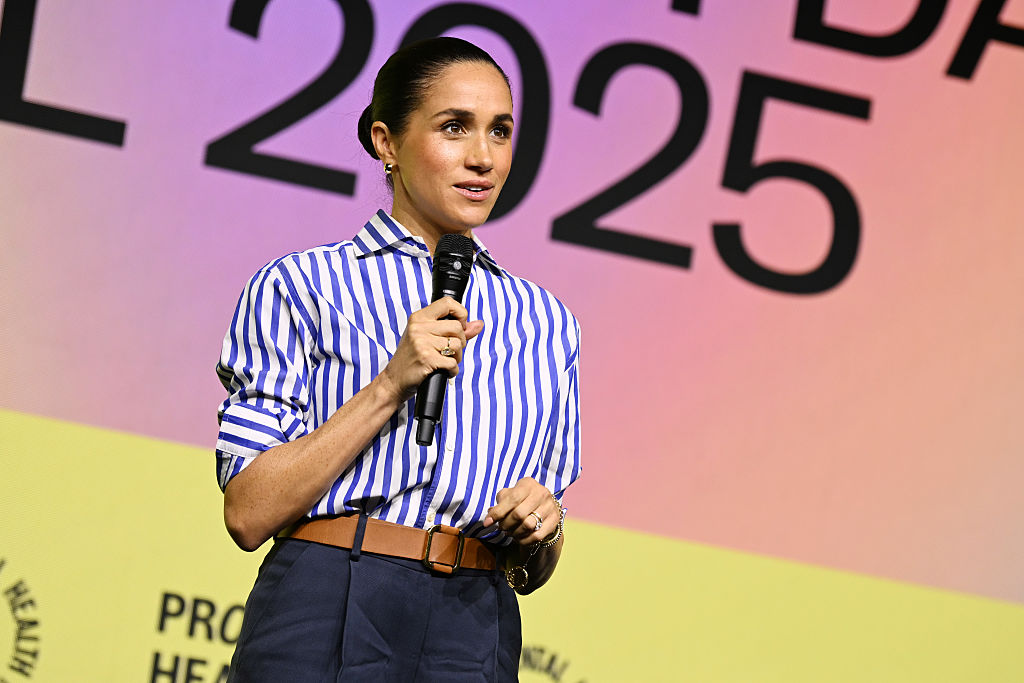It’s Christmas, and the far left have a gift for us in their stocking: a cultural boycott of Jews. They don’t call it that, of course. Rather, they say it is a boycott of Israel, and that those who support Israel, and people who confuse Israelis with Jews — that is, most people — are antisemites. That peace-seeking, leftist Israelis and Jews (good Israelis and Jews) will be those boycotted (I can’t see Itamar Ben-Gvir turning to romance fiction) doesn’t seem to bother them any more than murdering good Israelis and Jews mattered to Hamas on October 7. It was, rather, the point of it all.
Hollywood Jews often hid their Jewishness. Sam Spiegel had a phase of calling himself S.P. Eagle
The poster novelists of the boycott are Sally Rooney, an Irish writer who can’t smile at cameras, and Arundhati Roy, who won the Booker Prize for The God of Small Things in 1997. In 1821, Heinrich Heine, a German-Jewish playwright, wrote: “Any society that burns books will ultimately burn people.” The play was Almansor, and the burnt book was the Quran, but I doubt that Rooney and Roy know that. “What progress we are making,” Sigmund Freud said of the Nazi book burnings, another boycott. “In the Middle Ages they would have burned me. Now, they are content with burning my books.” His sisters died in Theresienstadt and Treblinka.
I’m not a novelist, but we can all dream, and I try to imagine a world without Jewish culture. What would it feel like? Can I even imagine it, since I would not exist to experience it? Would it matter if Leonard Cohen’s songs weren’t here, if I were also not here to love them? And — would Christmas even exist? This piece must be whimsy but I’m a journalist, and that’s my game. It’s Christmas. Let’s make a list.
It’s hard to write a list of Jewish cultural acts without sounding like you’re pleading: we passed an exam! Perhaps passing the exam is part of the problem? (Remember the overarching joke of Mel Brooks’s 1967 masterpiece The Producers, as analyzed by the critic Jeremy Dauber: Jews fail at failure.) After October 7, I appeared on a panel. British Jews wanted to know: what should we do? Write another book, someone said. Really, I said. Because no one’s tried that before. (Sarcasm.) Here, then, is the Torah, also called the Pentateuch, and its additions: that’s a book, and it solved none of our problems. But it’s a great book, great enough to excuse our relative absence from fiction for three millennia, and great enough to drive everyone mad. I still marvel when I read the first line, “In the beginning.” If God wrote it, he’s a great writer, the Leo Tolstoy of major deities. If a hack wrote it, I’m in awe.
Before the Enlightenment, Jews lived beyond society. Venetian Jews sat in their ghetto as the Talmud was burned in St. Mark’s Square in 1553. But, with emancipation, we were freed from anti-Jewish woodcuts to interact with wider culture. Then came our conscious contribution, some of it an homage to the truism: you can forget you are Jewish until you meet an antisemite to remind you. Gustav Mahler called himself “an intruder, never welcomed,” while Heine was baptized in 1825: “The baptismal certificate is the ticket of admission to European culture.” Benjamin Disraeli, founder of the modern Tory Party, felt the same, but won.
Some Jewish culture is an attempt to be less Jewish (Karl Marx, grandson of rabbis, is a good example); or, in a reversal of what happened to the Torah, to make gentile myths more Jewish. “White Christmas,” the de-Christianized anthem of the American Christmas, was written by Irving Berlin (Israel Beilin), whose earliest memories of Christmas were Russian pogroms. Give us a song in hell, Irving! The critic Michael Beckerman called “White Christmas” “a kind of holiday Moby-Dick, a distant image of things that can never be reclaimed: the past, childhood, and innocence itself.” If Berlin was thinking about Russia, that’s a great joke. Aptly, Jews were most ambitious in America, whose popular art forms — film, musical theater, comedy — are Jewish art forms. Antisemites aren’t wrong about everything: the men who invented cinema were immigrant Jews (Mayer, Goldwyn, Cohn, Lasky, Zukor); their writers (Hecht, Mankiewicz, Billy Wilder, who learnt English from the radio, the Epstein brothers of Casablanca) were Jews. Hollywood Jews often hid their Jewishness. The producer Sam Spiegel went through a phase of calling himself S.P. Eagle. It didn’t work.
Jews excelled at the popular arts because, according to the historian Yuri Slezkine’s The Jewish Century, “the modern age is the Jewish age and the twentieth century… is the Jewish century. Modernization is about everyone becoming urban, mobile, literate, articulate, intellectually intricate, physically fastidious and occupationally flexible.” Slezkine’s words make me think of Chicago (1975, Kander and Ebb): “I run so fast/ a shotgun blast can hurt me not one bit/ I’m on my toes/ ’cause heaven knows/ a moving target’s hard to hit.”
Used to fear in Europe, they made joy. The Great American Songbook is the Jewish songbook — Berlin, Rodgers and Hammerstein, Lerner and Loewe — plus Cole Porter. “Had I been born on the Lower East Side,” Porter said, “I might have been a true genius.” (He was.) Immigrants who flee hatred, as American Jews did, tend to make dreamworlds. It was an act of opportunity, control and tribute; sometimes raging, sometimes longing. Philip Roth and Saul Bellow wrote about themselves. Mel Brooks put one hundred Hitlers on stage in The Producers and burned the theater down. “Over the Rainbow” (1939, Arlen and Harburg) is the Jewish dream, and America.
In Britain the contribution, fueled by German and Austrian Jewish immigrants, was less gaudy and arguably more profound, but a British Jewish snob would say that. Jews tend to mirror the wider culture. British Jewish artists excelled: Rosenberg, Bomberg, Gertler, Auerbach, even Freud, though I can’t bear him. In theater we have Pinter, Wesker and Stoppard. In comedy we have, to my eternal merriment, Flanagan of Flanagan and Allen. His real name was Chaim Weintrop.
I can’t really tell you what a world without Jewish culture would look like, but I know this: you wouldn’t be listening to “White Christmas” at Yule.



